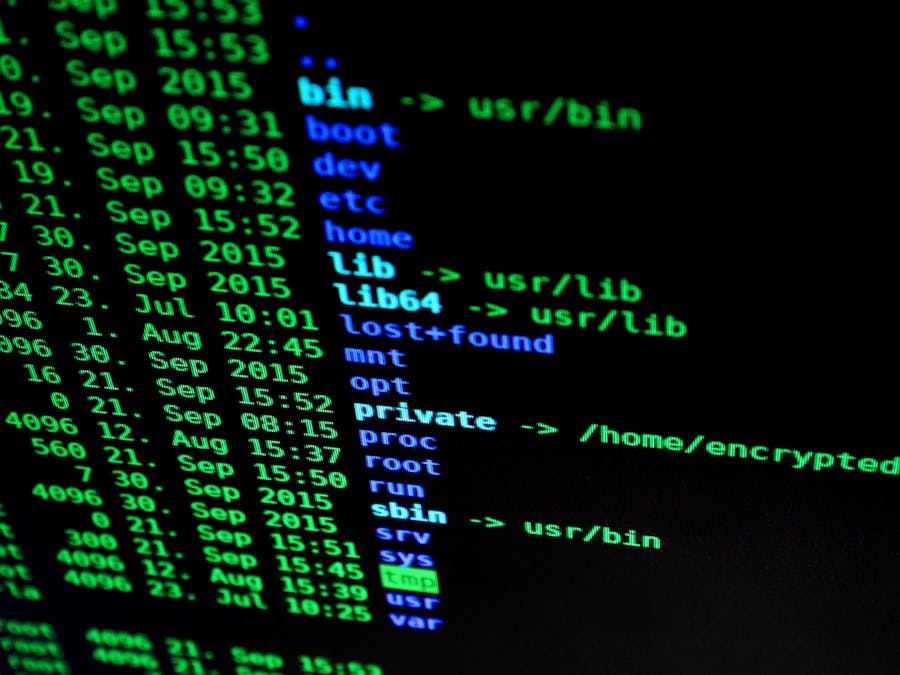In the digital age, passwords are the first line of defense for online accounts, systems, and data. Despite technological advancements, the humble password remains one of the most widely used security mechanisms. However, one concerning trend that has been gaining momentum is the use of “never expire” passwords. These are passwords set up to never require periodic updates, which, on the surface, may seem convenient. But as cyber threats evolve and become more sophisticated, this decision could expose organizations and individuals to significant risks.
The Rise of “Never Expire” Password Policies
In recent years, many organizations have adopted the “never expire” password policy. The reasoning behind it is largely rooted in user convenience. Constantly changing passwords can be tedious, leading to password fatigue, where users either forget new credentials or resort to insecure practices such as writing passwords down. To alleviate these issues, companies are opting for longer and more complex passwords that never need to be updated.
While it may appear that a stronger, static password is enough to deter cyberattacks, this decision overlooks several crucial aspects of password security.
The Dangers of Stagnant Passwords
- Exposure to Long-Term AttacksOne of the most significant risks of “never expire” passwords is the prolonged window of opportunity they offer to attackers. Passwords, no matter how strong, can eventually be compromised. If a password is never changed, it provides attackers with more time to breach an account. The longer a password remains unchanged, the more opportunities arise for hackers to exploit vulnerabilities such as phishing attacks, data breaches, or brute-force attacks.
- Password Sharing and ReusePassword reuse is a prevalent issue. Many people, for convenience, reuse the same or similar passwords across multiple platforms. If one platform suffers a data breach, all other accounts using the same password are suddenly at risk. In a “never expire” password scenario, this risk is compounded. Since the password remains static, users might be tempted to reuse it for other accounts, making them vulnerable to large-scale attacks.
- Forgotten Breaches and Delayed ResponsesData breaches don’t always come to light immediately. Sometimes, months or even years can pass before an organization becomes aware of a compromise. If a password is static, it means that even after a breach, unauthorized access can continue without detection. Changing passwords periodically forces users to reset credentials that may have been unknowingly compromised, limiting the time frame in which hackers can exploit stolen passwords.
Modern-Day Cyber Threats: A New Era of Password Security
Cyberattacks are becoming increasingly sophisticated. Methods like credential stuffing, where hackers use previously stolen login information to gain access to accounts, are becoming more widespread. Additionally, phishing attacks—where attackers trick users into revealing their passwords—continue to evolve, becoming more convincing and harder to detect.
These threats emphasize the need for a more dynamic approach to password management. Stagnant passwords, even if complex, are no longer sufficient in today’s threat landscape.
Why Organizations Still Choose “Never Expire” Passwords
Despite the risks, some organizations argue that “never expire” passwords can be part of a secure strategy when combined with other security measures. For instance, multi-factor authentication (MFA) can add a layer of protection by requiring users to verify their identity through a second method, such as a mobile app or fingerprint scan.
However, while MFA can reduce the risk, it doesn’t eliminate it entirely. Passwords are still a crucial part of the equation, and ensuring they are regularly updated is a basic yet effective way to enhance security.
The Case for Regular Password Resets
- Mitigating Risk After Data BreachesRegularly updating passwords ensures that even if a breach occurs, the damage is limited. If an attacker manages to obtain an old password, it will be useless if the account has already been secured with a new one. This reduces the window of opportunity for hackers to exploit stolen credentials.
- Adapting to New ThreatsCybersecurity is an ever-evolving field. New vulnerabilities are constantly being discovered, and security practices must adapt to meet these challenges. Regular password resets ensure that passwords remain fresh and secure, preventing hackers from relying on outdated or compromised information.
- Promoting a Culture of SecurityImplementing periodic password changes promotes a culture of security within organizations. It reminds employees and users of the importance of password management and encourages them to remain vigilant about their online safety.
The Future of Password Security
As we move further into 2024, password security is undergoing a transformation. Technologies such as biometrics, MFA, and password managers are becoming more widely adopted. In fact, some experts predict that the password itself may eventually become obsolete, replaced by more advanced forms of authentication.
However, until that day comes, passwords will remain a vital part of our digital lives. While “never expire” passwords may offer convenience, they also present a significant security risk. The best approach is a balanced one: strong passwords, regularly updated, coupled with additional layers of security like MFA.
Conclusion: Reevaluate Your Password Policies
In conclusion, “never expire” passwords, though appealing from a convenience perspective, are a risky decision in today’s cybersecurity environment. Organizations and individuals should consider the potential dangers and rethink their approach to password management. Regularly updating passwords, implementing MFA, and staying vigilant about cybersecurity best practices can go a long way in protecting against modern-day threats. After all, in the digital world, staying one step ahead of hackers is key to maintaining security.

